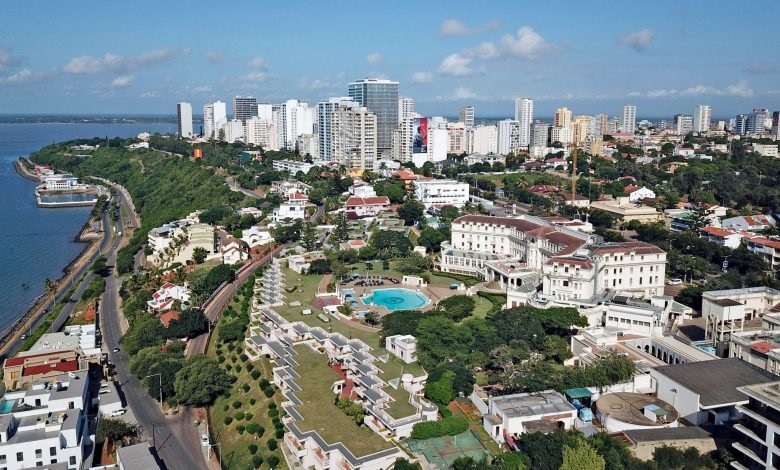Mozambique: UN calls for 'adequate funding' for women's initiatives
Mozambique’s economic growth slowed at the end of 2023

File photo: Lusa
Economic growth in Mozambique slowed slightly in the fourth quarter of 2023 to the equivalent of 5.36% of gross domestic product (GDP), according to figures from the central bank and the National Statistics Institute (INE) released on Wednesday.
According to the Bank of Mozambique, this growth compares with 5.92% in the previous quarter, which followed increases of 4.67% in the period from April to June and 4.17% from January to March, translating into average economic growth in 2023 of just above 5% of GDP.
The slight reduction of 0.56 percentage points compared to the previous quarter essentially results from the “less accentuated growth of the extractive industry” and the “negative performance of the manufacturing industry”, explained the central bank, citing the INE.
The Mozambican government announced on Tuesday (13-02) that the country recorded economic growth of 5% in 2023 compared to 4.4% in 2022, highlighting an “economic expansion” that surpassed the regional average of the South African Development Community (SADC).
“Economic growth for 2023 reached 5%, compared to 4.4% in 2022, driven by extractive industries, tourism, agriculture, transport and communications, among others,” government spokesperson Ludovina Bernardo said after a Council of Ministers meeting which reviewed the 2023 Economic and Social Plan and State Budget (PESOE).
According to the Mozambican executive, the growth resulted from policies and reforms applied during the year, especially the economic reforms adopted for “greater dynamics” in economic activities in the private sector and for attracting investment.
“In this context, a positive trend was observed in average inflation, which registered 7.1% against an initial forecast of 11.5%. Net international reserves were above the three months forecast in PESOE and reached the mark of 4.3 months to cover imports of non-factor goods and services, translating into greater credibility and greater capacity to absorb shocks in the balance of payments,” Bernardo added.












Leave a Reply
Be the First to Comment!
You must be logged in to post a comment.
You must be logged in to post a comment.